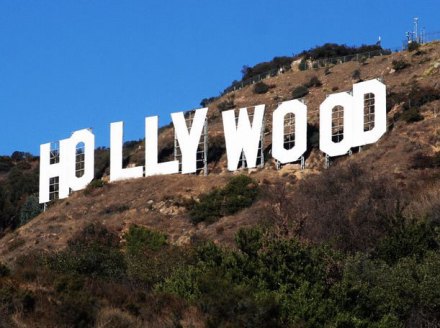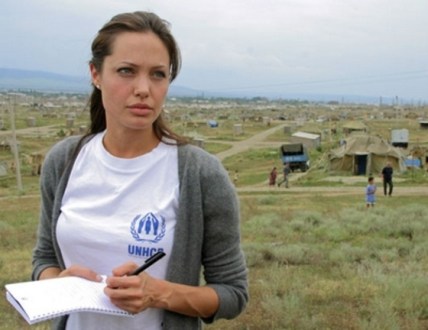What Next for the “Decent” Left?
Earlier this month I was asked to address an audience about what future there might be for the “decent left”. For those unfamiliar for the term this is the tendency on the left generally associated with backing the Iraq War (though some of the key advocates of this approach did not), opposition to alliances with extreme-right Islamism and the identification of a tendency towards anti-Semitism in some left-liberal discussion of Israel and the Middle East. The Euston Manifesto, published in 2006 expressed some of the thinking of The Decents. On the key issue of the Iraq War, I was an agnostic. I hoped that the overthrow of Saddam Hussein would





